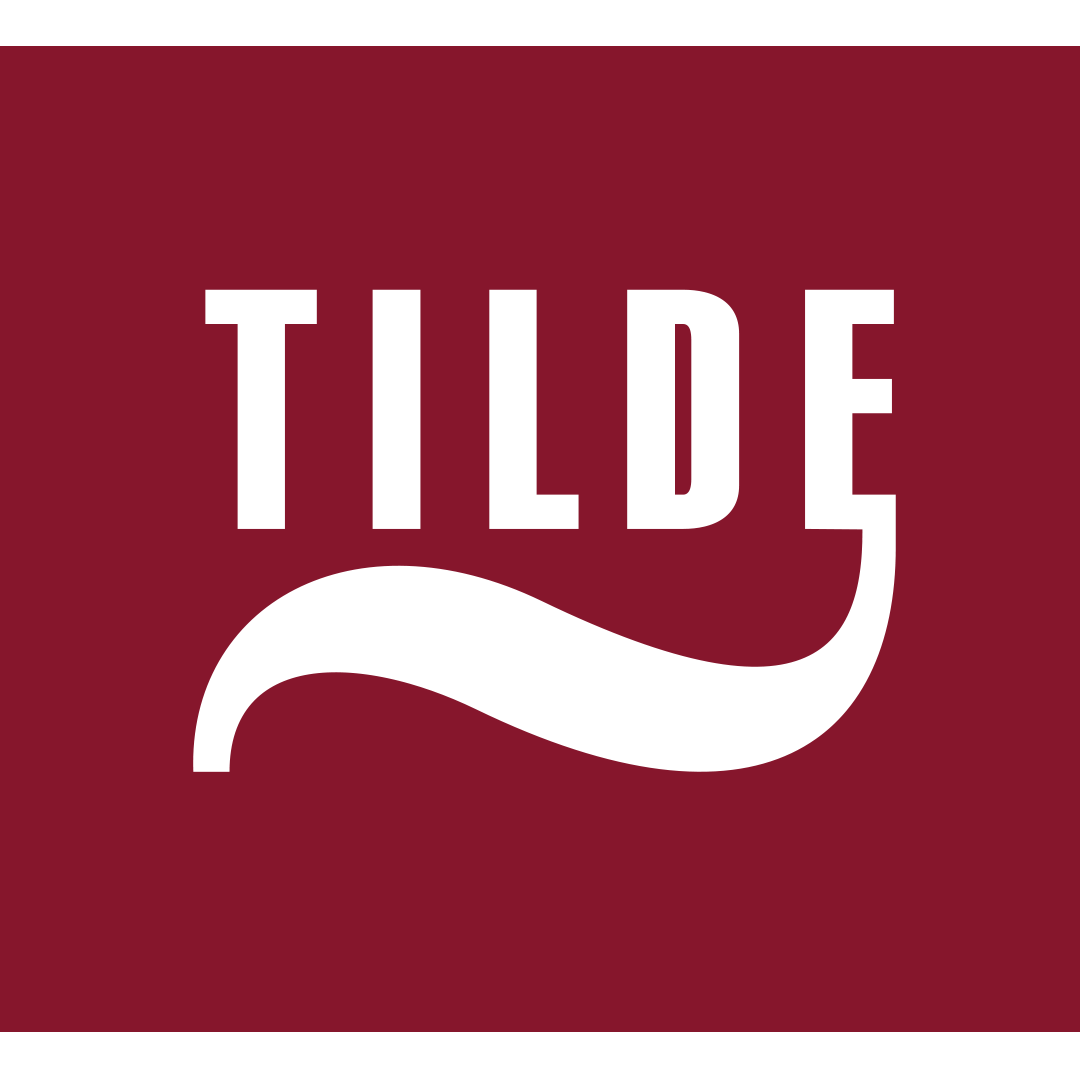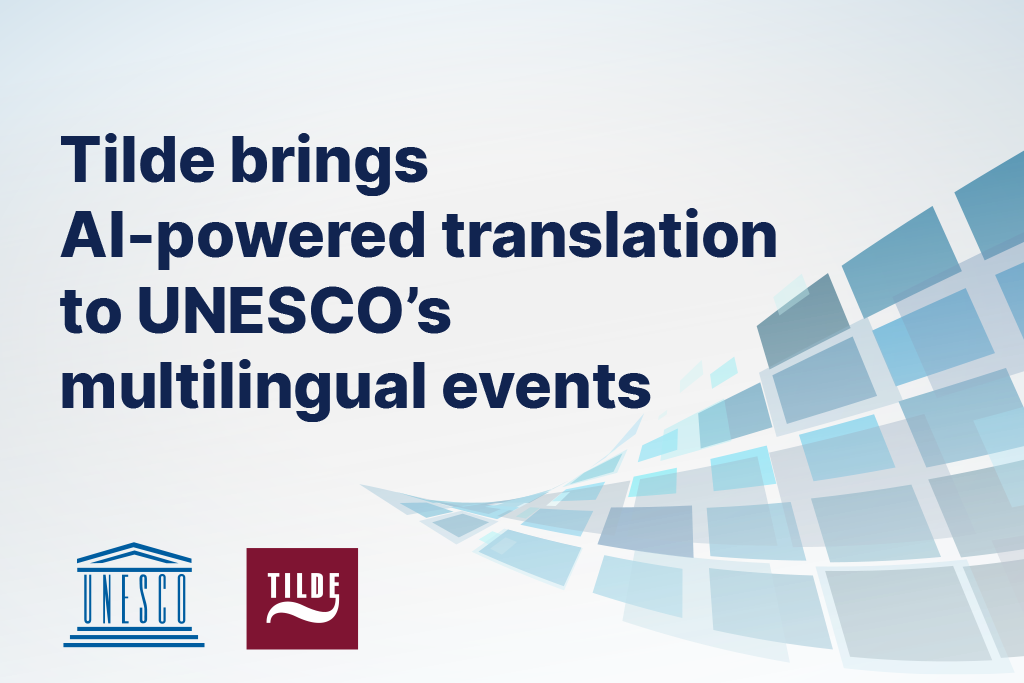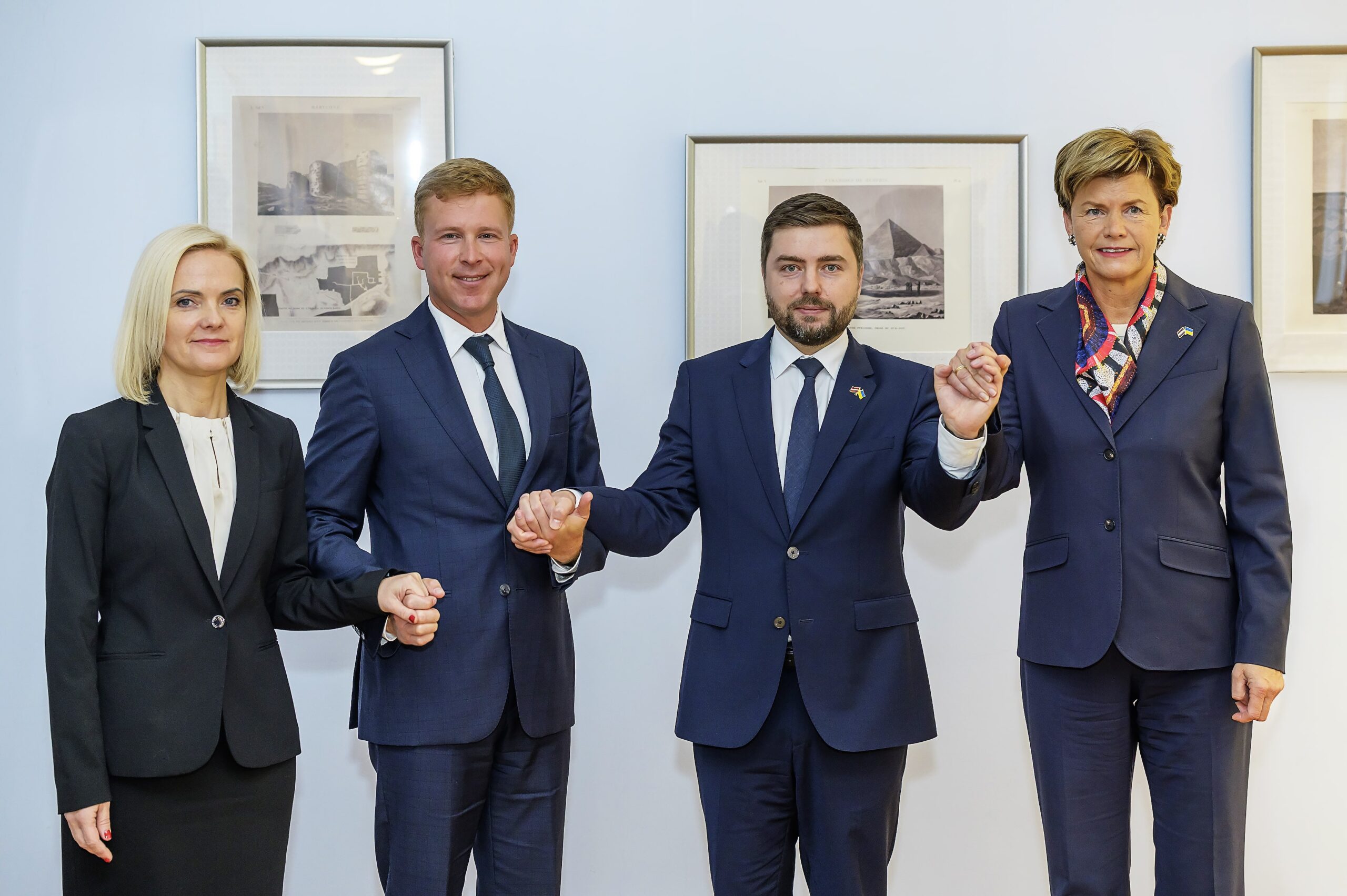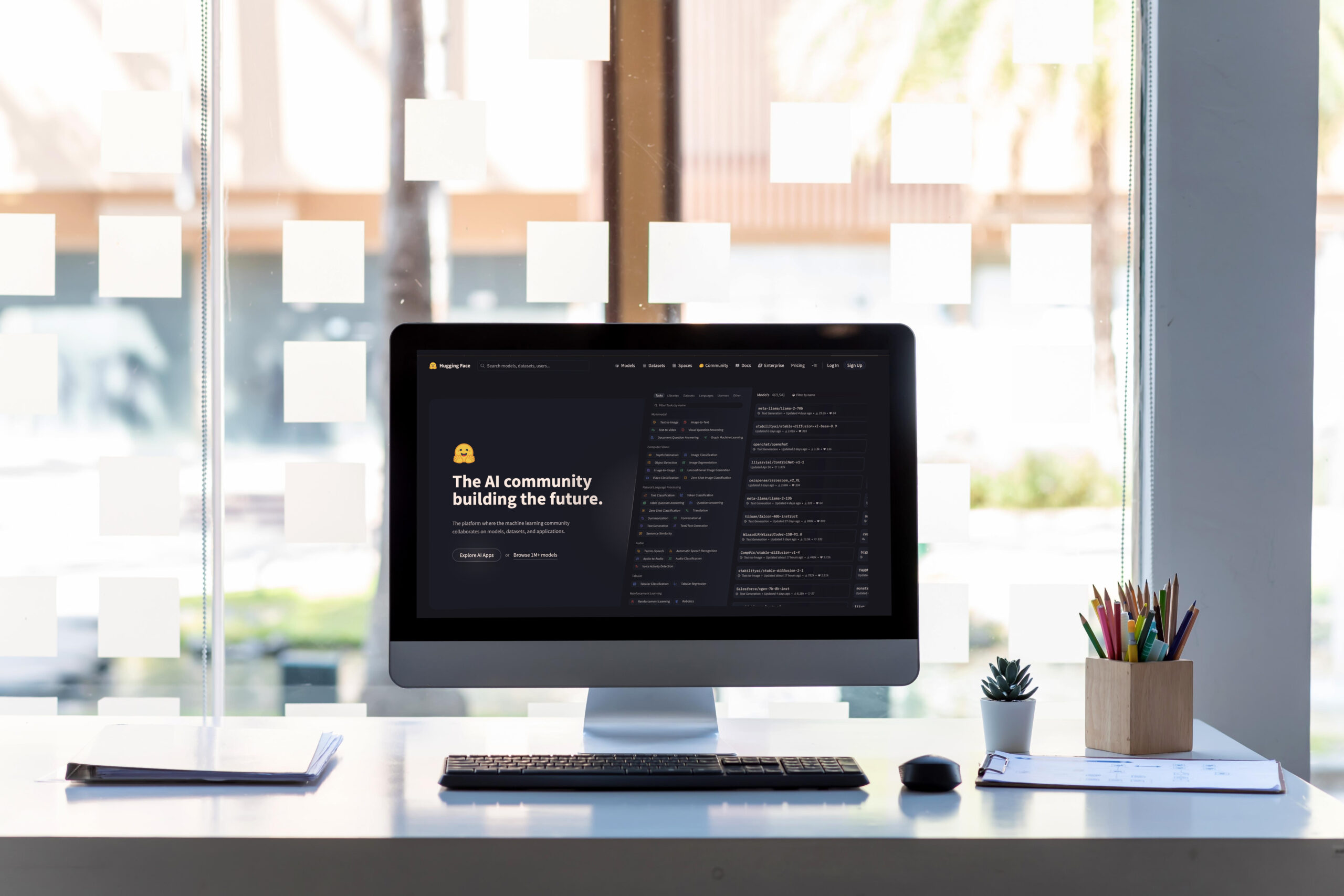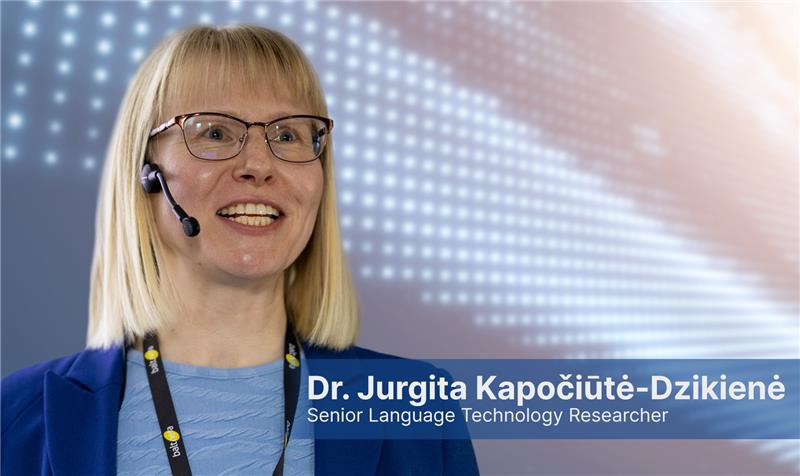During the last two decades, the global pharmaceutical industry has experienced significant growth – worldwide pharma revenues in 2019 reached 1.25 trillion U.S. dollars. To maintain competitiveness and secure better results, companies must focus on two indicators: speed and innovation. A mix of human and machine translation can offer both.
The volume of translation needed for a single drug or product can amount to millions of pages that need to be translated into dozens of languages. This can no longer be done by human translators alone, as it would take years to complete the task. Machine translation can considerably accelerate the process.
Challenges in the pharmaceutical translation process
Translations must be as accurate and as professional as possible. It should be noted that pharmaceutical translations include not only medicines, drugs, and instructions but also patents, administrative documents, marketing materials and much more. The accuracy of medical translations and their correct usage are crucial in every step – during clinical trials and manufacturing, as well as in descriptions, on packaging, and even during marketing activities. The staff of pharma companies are often overloaded with a huge amount of materials that need to be translated and localised for each target market.
Medical translations vary from market to market
Compliance with regulations adopted by various authorities in respective target markets such as the Food and Drug Administration in the US or the European Medicines Agency in the EUpose another challenge in the global market. Pharmaceutical companies are required to submit translations of patents, test results, marketing materials, etc. to these authorities.
The Man and Machine – more productive in a team
By optimising this process with AI-powered machine translation combined with post-editing by a professional translator can increase efficiency and significantly reduce costs and effort. Thus, machine translation plays an important role in optimising many processes, such as clinical trials and pharmacovigilance tasks. Machine translation greatly reduces staff workload allowing them to focus on the most important: fine-tuning the translation and making sure that the text is culturally understandable.
Ensure security and data protection during provision of pharmaceutical translation services
Almost all documents that need to be translated in the pharmaceutical industry are highly confidential. However, if employees do not have a secure translation option – either via an internal translation platform or a plug-in directly integrated into collaborative tools – the staff tends to use free online translation services to do the work. In this context, confidential information may become public, and the company may suffer a considerable harm.
General machine translation systems are not fit for the task
General systems, such as the public Google Translate platform are good for removing the language barrier between multilingual staff during internal communication processes or to understand the “general” meaning of a text. However, general MT systems do not meet the requirements of pharmaceutical companies. These systems merely provide an approximate translation of the original text, as they do not have a wide knowledge base that includes medical terminology. This problem, however, can be solved with customised machine translation systems.
Customised systems are a better choice for the pharmaceutical industry
Customised machine translation systems are trained with industry-specific terminology and customer data to ensure the highest degree of accuracy and fluent translation. Tilde’s custom machine translation systems are specifically adapted to industry terminology and offers maximum accuracy.
Terminology management in one place
Due to specific terminology, in most international pharmaceutical companies documents are translated internally. This requires an advanced terminology management system that covers the entire spectrum of medical and pharmaceutical terms. By storing all terminology in a single system, it can be regularly maintained, transferred, and updated to consistently ensure correct translation of terms and the integrity of internal specialist translations.
Choosing trusted translation partner to do the work
Tilde is an experienced machine translation and localisation services partner that offers tailor-made solutions to many pharmaceutical companies. Tilde’s technologies have become a reliable and effective solution for pharma companies looking to automate and optimise their translation processes and enable communication in any language. Tilde offers 40+ pre-trained translation engines, dynamic learning engines, and custom MT engines that can be adapted to many specific domains, terminology, languages, and styles. Furthermore, Tilde MT technology can be seamlessly integrated into current platforms and solutions (products, websites, CAT tools, etc.) and collaboration tools (e-mail, intranet, etc.)
Ready to get started? We are here to help!
